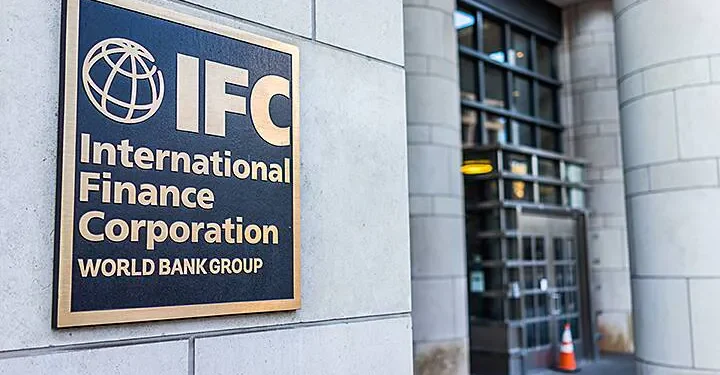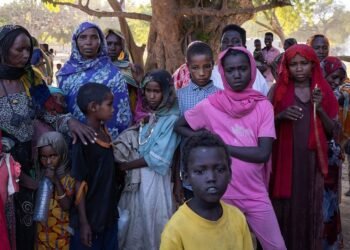The International Finance Corporation (IFC), a subsidiary of the World Bank Group, has unveiled plans to invest $600 million in Ghana’s private sector.
This significant investment aims to stimulate job creation and drive economic growth, with a particular focus on the garment industry and agro-processing sectors.
Kyle Kelhofer, IFC’s Country Director, announced the investment plan during a courtesy visit to Majority Leader Mahama Ayariga. He emphasized the IFC’s dedication to supporting both local and international private sector businesses to generate employment and improve livelihoods in Ghana.
“Our goal is to support and invest in both local and international private sector businesses, ultimately helping to create more and better jobs.”
Kyle Kelhofer
The IFC has been instrumental in promoting industrialization in Ghana, and this latest investment reaffirms its long-term commitment to the country’s economic development. According to Kelhofer, Ghana has an opportunity to expand its industrial base and create more jobs, particularly for women, through targeted investments in key sectors.
“What you saw last week at the garment factory was an example of Ghana’s increased ability to take advantage of industrialization to create more jobs… in particular for women.”
Kyle Kelhofer
Government’s Perspective on IFC’s Investment
Mahama Ayariga, Majority Leader of Parliament, welcomed the IFC’s decision to invest in Ghana’s private sector and stressed the importance of such partnerships in addressing the country’s economic challenges. He acknowledged that the government’s ability to finance various commitments is limited, making private sector investment critical to economic transformation.
“Clearly, the government will be constrained in terms of financing many of the commitments we have made, so increasingly, we need to look to sources like yours and work with the private sector.”
Kyle Kelhofer
He further highlighted the crucial role of parliamentarians in connecting industries to financial support and shaping policies that promote industrial development. “Parliamentarians should be at the forefront of linking industries to funding sources and shaping policies that enable industrial development,” he added.
IFC’s Track Record in Ghana’s Economy
The $600 million investment aligns with the IFC’s broader mission to strengthen Ghana’s economy by facilitating sustainable development and employment creation. Over the past decade, the IFC has injected more than $2 billion into Ghana’s economy, with key investments spanning agribusiness, light manufacturing, and renewable energy.
These investments have played a pivotal role in enhancing productivity, improving infrastructure, and fostering innovation within the private sector. The IFC’s continued support is expected to help Ghana maximize its industrial potential and further integrate into the global supply chain.
Two major areas of focus for this investment are the garment industry and agro-processing sector. The garment industry, which has been gaining traction in Ghana, is a key driver of employment, particularly for women. Investments in this sector will enhance production capacity, improve supply chain efficiency, and create more job opportunities.
Similarly, agro-processing is a crucial sector for Ghana’s economy, as it adds value to the country’s abundant agricultural resources. By investing in agro-processing, the IFC aims to strengthen food security, increase exports, and improve the livelihoods of smallholder farmers.
The IFC’s $600 million investment underscores the increasing recognition of the private sector as a key engine for Ghana’s economic growth. With government resources constrained, partnerships between global financial institutions and private enterprises are essential for driving industrialization, expanding employment opportunities, and fostering sustainable economic development.
By channeling funds into priority sectors, the IFC is not only supporting business growth but also reinforcing Ghana’s position as a hub for manufacturing and agribusiness in Africa. This strategic investment is expected to have a lasting impact on the country’s economic landscape, providing new opportunities for businesses and individuals alike.
READ ALSO: KIC and AAMUSTED Empower 220 Young Farmers with Climate-Smart Agriculture Training



















